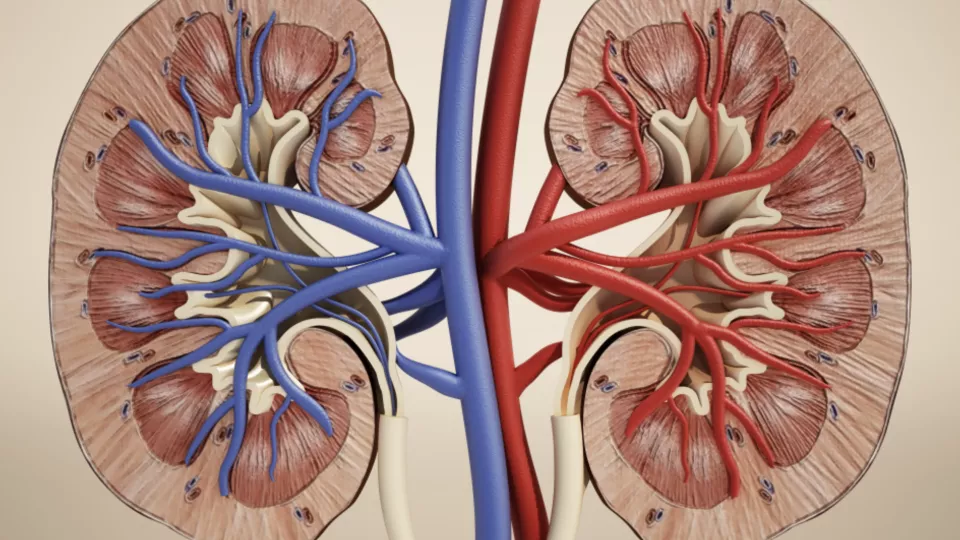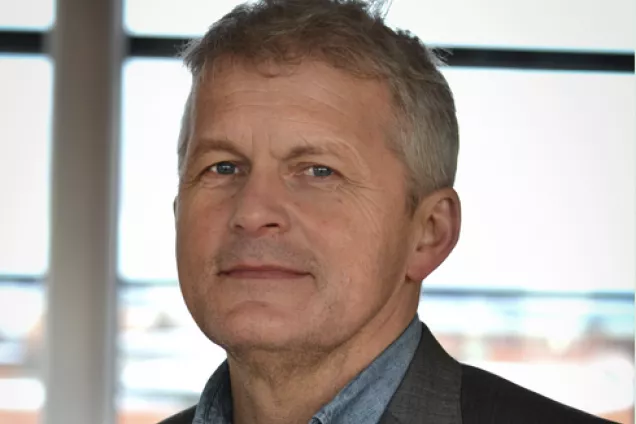– It's a challenge but also a developmental opportunity to work with different types of professionals in data management and create a common language. The engineers and AI researchers need to understand what our biological information consists of, and we cancer researchers need to understand what AI can do. Together, we determine which data is relevant and place all information in a 'data lake', says Håkan Axelson, professor of molecular tumor biology at Lund University.
His research group is part of the large EU-funded KATY project, which involves twenty partners across Europe. The focus is on the most common type of kidney cancer, clear cell renal cell carcinoma, which is one of the ten most common types of cancer worldwide. In Sweden, over 1 200 people are affected by kidney cancer each year. It is a well-documented form of cancer that researchers have extensive knowledge about.
– If the cancer has spread, the disease is very difficult to treat, and the prognosis is poor. However, in recent years, it has been found that immunotherapy works quite well for kidney cancer. However, it is difficult to know which patients respond to the different available forms of therapy, says Håkan Axelson.
Håkan Axelson has been researching kidney cancer for over fifteen years, and his research group contributes its tumor biology expertise to the KATY project. Through single-cell sequencing, researchers obtain a large amount of information about gene expression in each individual cell. In this way, they can identify different cell types, investigate changes in gene expression patterns, or detect genetic variations among different cells. Sarah Schoch, a postdoctoral researcher, is responsible for processing and analyzing the sequencing data:
– The information we obtain is processed with our French collaborators and, together with wide range of other information, ends up in a large 'data lake' in France. Along with additional patient information and the treatment the patient receives, we hope that AI will be able to find new patterns regarding which type of tumor responds best to various types of immunotherapy, says Sarah Schoch.
In this way, the researchers in the KATY project aim to create clear maps for physicians and researchers in their daily work. Hopefully, this will become a tool to improve the ability to develop precision medicine for kidney cancer in the future.
Link to original article by Åsa Hansdotter - published 20 June 2023

